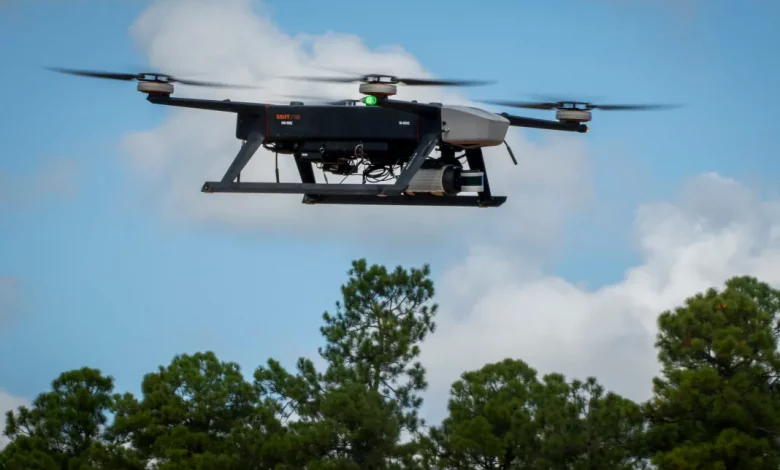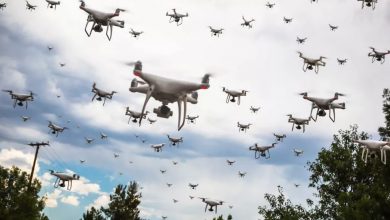Report: DARPA aims to develop trustworthy AI for defense purposes

The Deputy Director of DARPA’s Information Innovation Office, Matt Turek highlighted in a recent statement the pivotal role of developing trustworthy artificial intelligence (AI) for the U.S. Defense Department, especially concerning critical decision-making processes for military personnel.
During a Center for Strategic and International Studies event, Turek revealed that approximately 70% of DARPA’s programs integrate AI, machine learning, and autonomy in various capacities.
Turek underscored the urgency of AI development as a preventive measure against potential technological breakthroughs or “strategic surprises” by adversarial forces also advancing their capabilities. He emphasized DARPA’s commitment to generating its own strategic advancements to maintain a competitive edge.
To realize these objectives, DARPA actively solicits transformative ideas and capabilities from industry and academia. One effective avenue for sourcing such innovations is through competitive challenges, where private sector teams vie for substantial monetary prizes.
A prominent example is the DARPA Artificial Intelligence Cyber Challenge, leveraging generative AI technologies to autonomously identify and rectify vulnerabilities in critical infrastructure’s open-source software.
The utilization of large language models, a subset of AI, is pivotal in enhancing diverse tasks such as secure coding, decision-making, speech recognition, and predictive analysis. DARPA’s collaboration with leading large language model providers like Google, Microsoft, OpenAI, and Anthropic underscores the collaborative effort to push the boundaries of AI capabilities.
Turek noted that advancements in large language models would not only benefit the defense sector but also have significant implications for commercial applications.
Highlighting DARPA’s practical implementations of AI, Turek referenced the agency’s experimentation with autonomy in F-16 fighter jets, demonstrating the real-world applicability of AI technologies.
DARPA’s AI research spans four key domains, including proficient AI, bolstering confidence in the information domain, fortifying secure and resilient systems, and developing defensive and offensive cyber tools. Turek emphasized the synergistic relationship across these research areas, signifying DARPA’s holistic approach to advancing AI for defense purposes.





